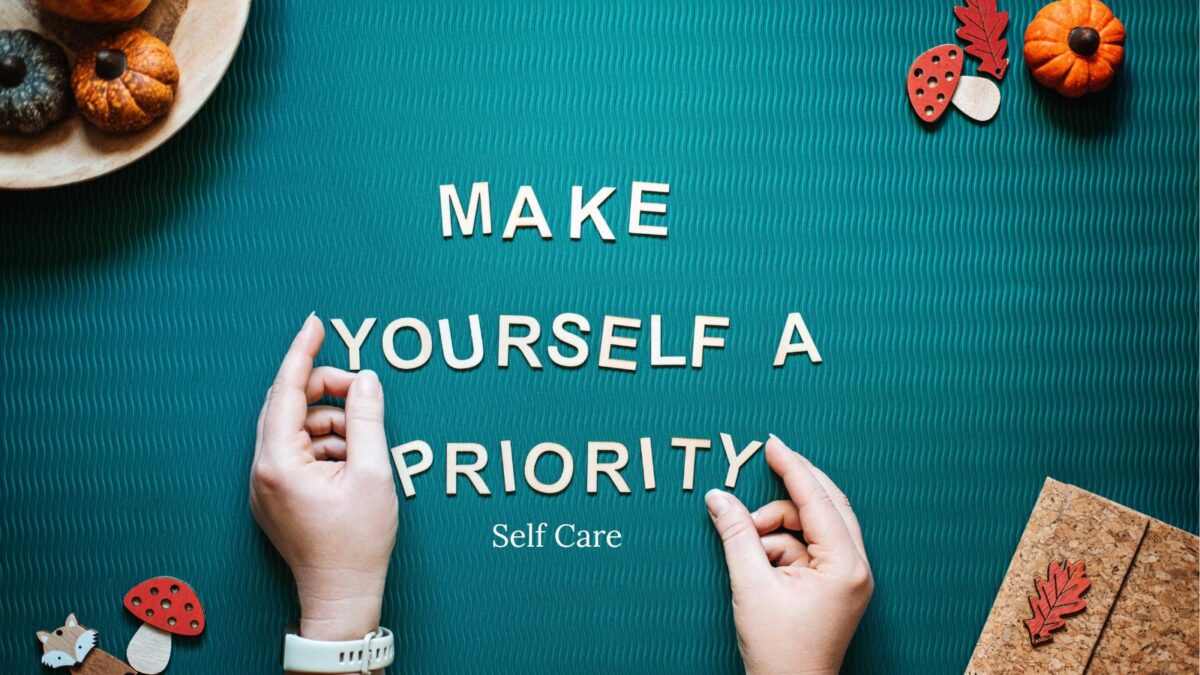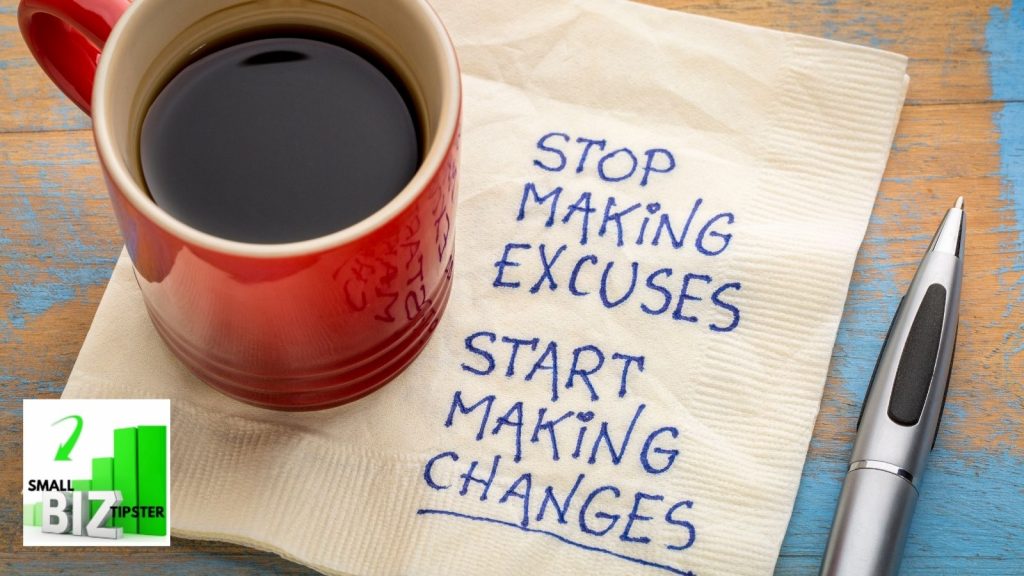Starting or running a business takes more energy, focus, and commitment than most people realise. It’s easy to fall into the habit of working late, skipping breaks, and putting your personal self-care at the bottom of the list.
But over time, that constant drive can start to backfire. Fatigue creeps in, motivation drops, and the work that once felt rewarding slows to a crawl. That’s why self-care should never be treated as an afterthought.
A rested and focused person makes far better decisions, builds stronger relationships, and keeps their business moving forward.
Table of Contents
Making time for rest without feeling guilty
It’s easy to think that taking time off or slowing down means losing your momentum, but it’s actually the opposite. Rest helps the mind reset and allows ideas to form naturally instead of being forced.
Some of the best solutions and creative thoughts appear when a person finally stops pushing themselves for a while. I know I get mmy best ideas for Small Biz Tipster blog posts on my daily walks.
Even short breaks during the day can make a difference. It’s about finding moments to recharge rather than waiting for burnout to hit. The goal is to treat rest as part of the job, not something to be earned after exhaustion sets in.

Why self-care supports productivity
When energy levels drop, so does focus, and that can quickly lead to mistakes or frustration. Self-care protects the consistency that businesses rely on. A healthy body and clear mind are the foundation for sound decision-making, strong communication, and creativity.
Making time for things that bring you calm or joy can have a bigger impact than you might expect. Some entrepreneurs find that incorporating small habits such as exercise, meditation, or even using CBD gummies helps manage stress during long working days.
It’s about finding what works and keeping those habits consistent.
Setting boundaries for better focus
One of the most complex parts of running a business is learning to draw a line between work and personal time. Without boundaries, it’s easy to drift into long hours and constant pressure, which is a sure way to drain your enthusiasm and focus slowly.
Setting limits around work hours or screen time is one of the simplest ways to protect energy.
When your mind has time to rest, your productivity will naturally improve. Protecting your personal time makes it easier to come back to work with a clearer head and a more grounded perspective.
How self-care strengthens your mindset
A healthy mindset can handle challenges without becoming overwhelmed. When business owners take care of their well-being, they’re better prepared to handle change and uncertainty.
It gives you the resilience to recover from setbacks without losing direction.
Small steps to improve your peace of mind, like spending time outdoors, getting proper rest, or limiting constant multitasking, help create a more positive outlook. This kind of calm confidence shows in how a person leads, communicates, and reacts under pressure, which can directly influence how others view their business.
Conclusion: Self Care in Your Business
Self-care is a core part of any good business strategy. It keeps energy steady, thinking clear, and motivation strong. Taking time to rest and protect mental well-being makes it possible to keep growing without burning out.
Self-Care While Building Your Business: FAQ
Is self-care actually good for your business results?
Yes. Rest and recovery improve decision quality, focus, and creativity. Long hours with poor sleep cut output and raise mistakes. Research links sleep loss to weaker memory and slower reaction time. See CDC guidance on sleep and performance (https://www.cdc.gov/sleep).
How do you fit self-care in when your schedule is packed?
1. Use short, fixed blocks. Ten minutes still counts.
2. Book two 10 to 15-minute breaks on your calendar.
3. Protect a 25-minute focus block, then take a 5-minute walk.
4. Keep a hard stop for meals and a real bedtime.
How do you handle guilt about taking breaks?
Reframe it as maintenance, not a perk. You protect your gear and tools. Your mind and body are the most essential tools you have. A 10-minute reset can save an hour of rework.
How much sleep do you really need while starting up?
Most adults need 7 to 9 hours. Less than 6 hours raises accident risk and lowers problem-solving. Set a bedtime alarm. Treat it like a client meeting you can’t miss. CDC sleep basics: https://www.cdc.gov/sleep/about_sleep/how_much_sleep.html
What if you work solo with no team to lean on?
You still have tools. Automate simple tasks, create templates for common emails, and use scheduled sends—set office hours in your email signature. Ask a peer to be an accountability partner for weekly check-ins.
How do you set boundaries with clients without hurting service?
Set clear response windows in your proposals and email footer. Offer rush options for a fee. Use an autoresponder that confirms receipt and gives a reply time. Clients value reliable timing more than late-night replies for their own self care.




